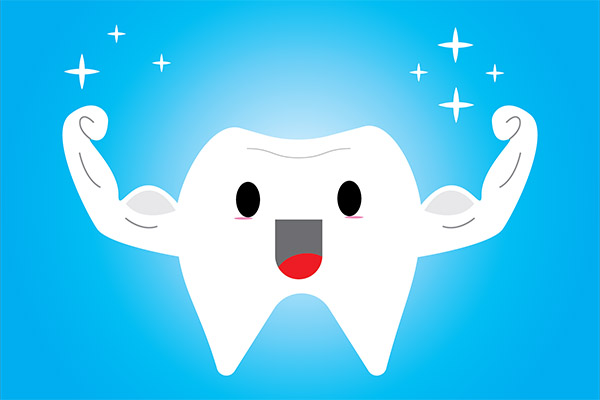 Calcium and vitamins have important pediatric dental benefits for your child. They help their bones grow and develop, as well as help with their tooth development. Besides brushing and flossing regularly, children also need to have balanced nutrition for healthy teeth and gums. This article covers the importance of calcium and vitamins, so parents can help their children get the proper nutrients.
Calcium and vitamins have important pediatric dental benefits for your child. They help their bones grow and develop, as well as help with their tooth development. Besides brushing and flossing regularly, children also need to have balanced nutrition for healthy teeth and gums. This article covers the importance of calcium and vitamins, so parents can help their children get the proper nutrients.
The importance of calcium
Calcium, in combination with vitamin D3, is essential for tooth enamel formation and general health. Most of the calcium in the body is stored in the teeth and bones. Reserves in the body are continually refilled by the calcium-rich foods and vegetables that are consumed.
While the child's teeth have been growing since before their birth, their adult teeth are still developing during childhood. The mineralization process, which involves the use of calcium to strengthen teeth, continues long into their teenage years. This is why calcium supplementation is so crucial during childhood.
When people do not get enough calcium in their diets, their bodies will get it from the bones, which might weaken them. Children's teeth will develop stronger if they ingest more calcium. Calcium also keeps organs, the brain, and skeletal muscles functioning properly and strengthens teeth. Milk, cheese, and yogurt are common calcium sources. Calcium can also be found in soft-boned fish, broccoli, kale, most cereals, fruit juices, and soy and rice beverages. Calcium is important for pediatric dental health because it neutralizes acids that cause cavities.
Important vitamins
To keep children's teeth and gums healthy and strong, here is a list of all the vital vitamins to include in their diet.
Vitamin D
Vitamin D promotes tooth and bone mineral density. It is critical that a child obtains enough vitamin D since it aids the absorption of calcium from the diet. Vitamin D is produced by the body when exposed to sunlight, but it can also be found in fatty fish, canned tuna, and portobello mushrooms. Patients can look for vitamin D-fortified foods and beverages, such as milk, orange juice, and some cereals.
Vitamin A
Vitamin A is good for the eyes and lips. It helps develop and preserve tissues, including mucous membranes and teeth. Another function of vitamin A is to encourage the production of saliva, which helps clean harmful bacteria and food particles lodged between the teeth. Dairy, poultry, meat, sweet potatoes, orange fruits, kale, fish, spinach, collard greens, and egg yolks are all high in vitamin A.
Vitamin C
Vitamin C aids in gums healing, the formation of blood vessels, and the function of other supporting tissues. Sources include spinach, capsicums, citrus fruits, berries, potatoes, kiwifruits, and brussels sprouts.
Vitamin B-complex
Vitamin B-complex members, particularly B2, B3, and B12, have pathogen-fighting properties and prevent the development of potentially painful disorders, like mouth sores, and unpleasant issues, like bad breath. Fish, meats, and fowl are good sources of vitamin B-complex. However, edible items such as almonds, spinach, and dairy products have B vitamin differentiations.
In conclusion
As a parent, you need to ensure that your children get adequate pediatric dental care, including giving them a diet rich in vitamins and minerals. If you need additional information, book an appointment with the pediatric dentist.
Request an appointment or call Nett Pediatric Dentistry & Orthodontics at 623-759-7658 for an appointment in our Phoenix office.
Recent Posts
Regular visits to a pediatric dentist who specializes in young patients are an important part of establishing good oral health practices. Many instances of severe dental conditions in children stem from either a lack of regard for proper hygiene or a lack of knowledge on the proper ways to care for a child's teeth. Check…
Pediatric dental care supports children's health, comfort, and development. Not only does it strive to detect and treat oral health problems early, but it also desensitizes children to dental visits to make each experience more comfortable. This special care and attention can motivate children to take good care of their teeth from a young age.Dental…
Cavity treatment for kids is a chief concern among parents, and for a good reason. Cavities are common in children of all ages. According to the Centers for Disease Control and Prevention, over half of the kids ages 6 to 8 have had at least one cavity in a primary tooth. The good news is…


